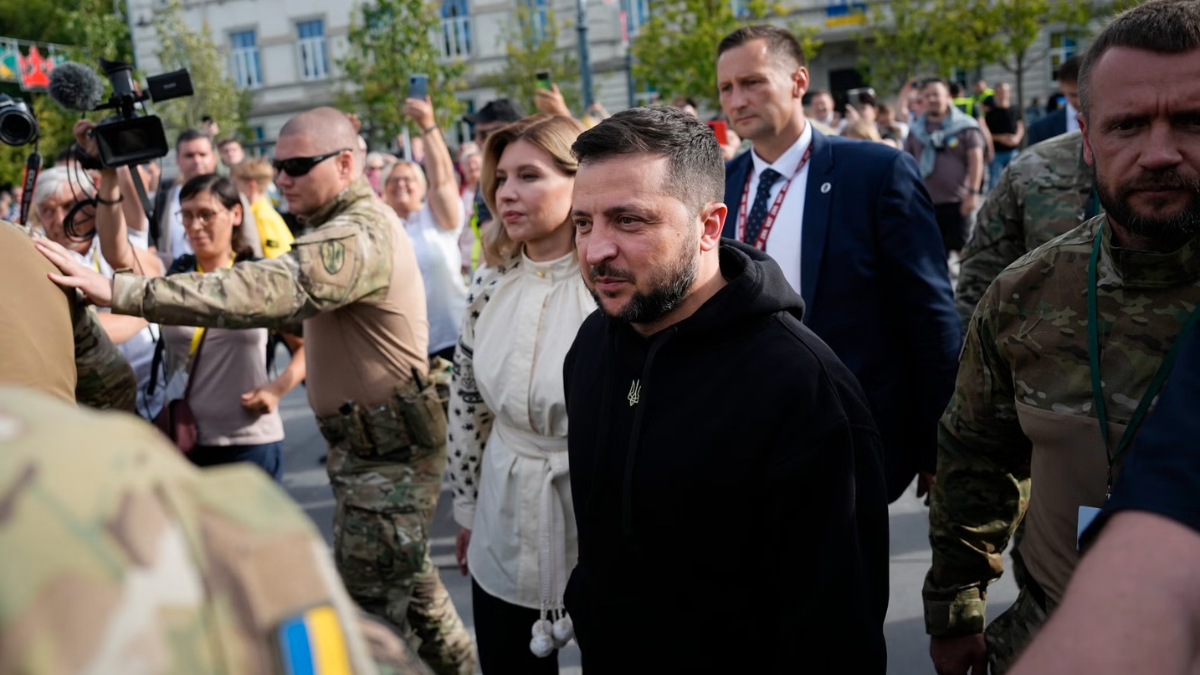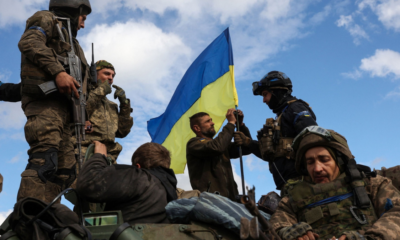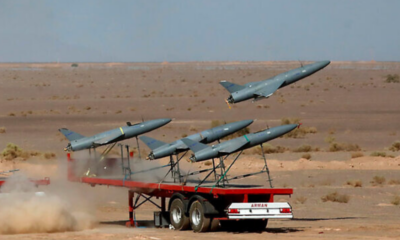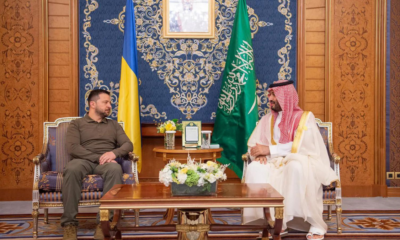G7 members – Canada, France, Germany, Japan, Italy, the US and the UK – are expected to ratify a long-term security arrangement with Ukraine at the ongoing NATO summit in Lithuania on Wednesday. The package will include training, defence equipment and intelligence sharing.
No Timeframe For Ukraine’s Eventual Membership
It comes after Ukrainian President Volodymyr Zelensky raised alarm over an absence of a clear timeframe for his country’s entry. While Kyiv accepts it cannot become a NATO member while it’s at war, it wants to join as soon as possible after gunshots are no longer heard.
Addressing crowds in the Baltic state on Tuesday, the leader stressed Ukraine will make NATO stronger and the alliance will give it security. Although they didn’t offer a timeframe, the members have shortened Ukraine’s application process significantly.
The annual summit started a day after Turkey stopped blocking Sweden’s membership bid, allowing it to soon become the 32nd member. Both Sweden and Finland revealed their intention to join the alliance after Russia invaded Ukraine, with the latter becoming a member in April.
Security Packages And Porcupine Strategy
The focus now is on security guarantees instead of an early membership. Tuesday saw a series of military packages being announced for Ukraine. The long-term arrangement expected on Wednesday would send a “strong signal” to Moscow, British Prime Minister Rishi Sunak said.
ALSO READ: Russia – GCC Trade Grows 6% Over Past Year: Russian Foreign Minister
Earlier, US President Joe Biden suggested a model for Ukraine similar to his country’s agreement with Israel. As part of the deal, Washington has committed to providing military aid worth $3.8 billion per year over a decade.
It’s similar to the so-called “porcupine strategy” – where a country becomes highly militarised and consequently hard to defeat. But it’s not the same as NATO membership that stresses an attack on a member country is an attack on all of them.






















